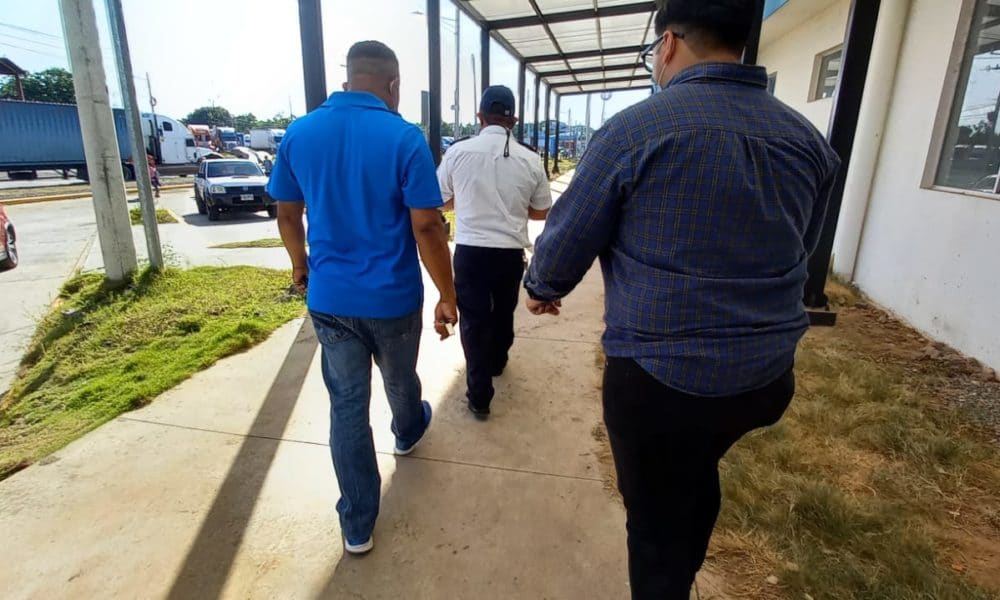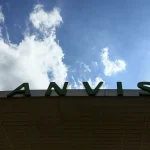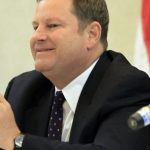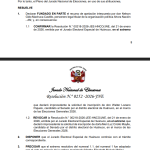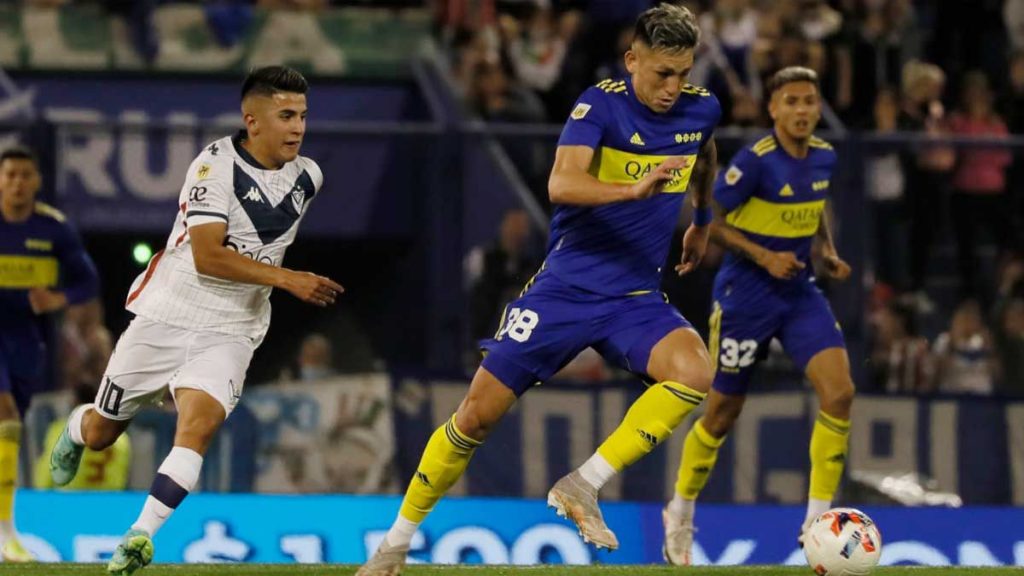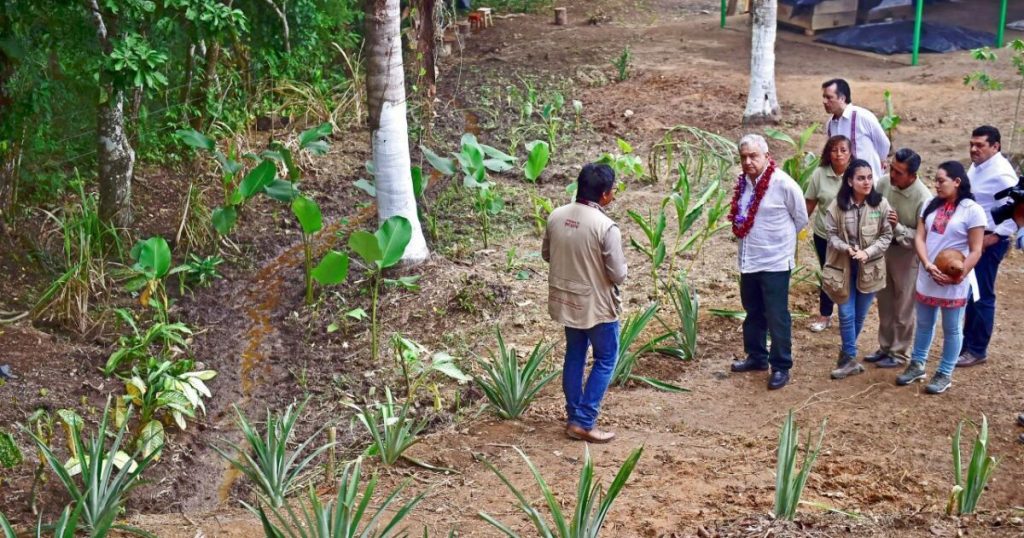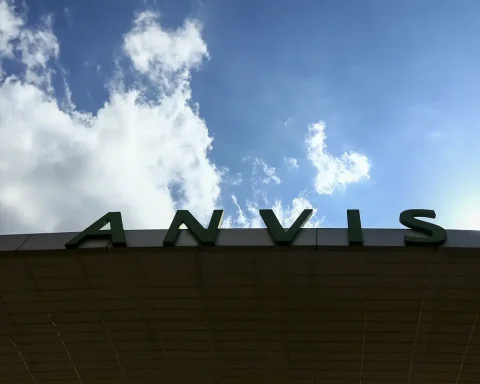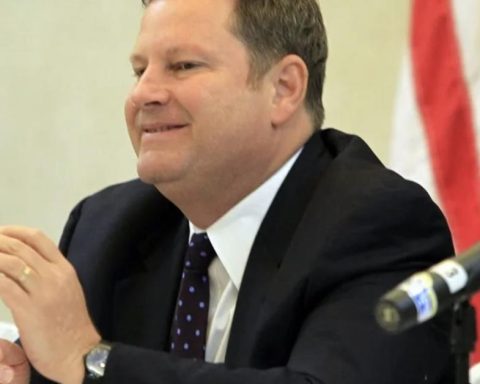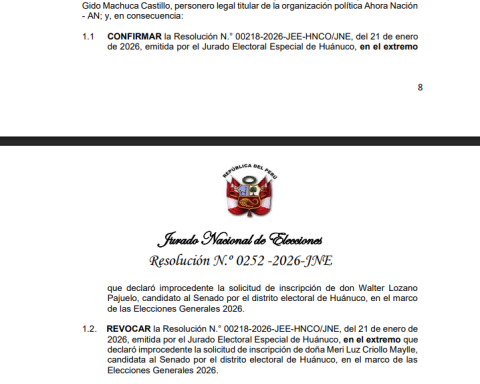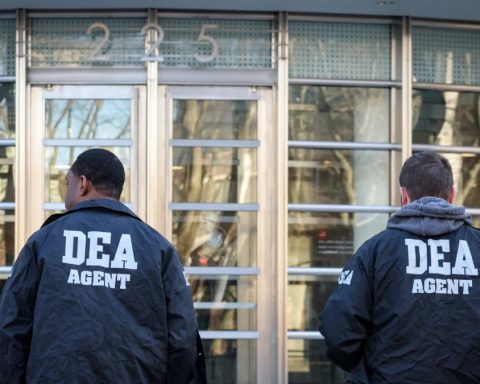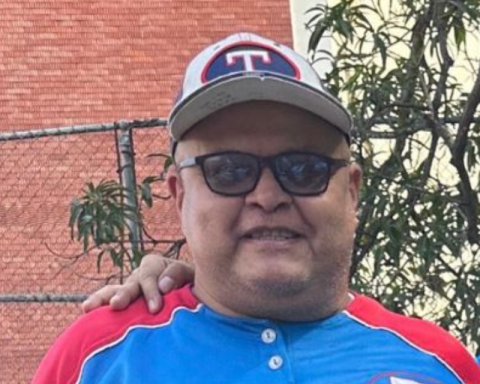The Ortega regime has blocked the entry of the foreign press to cover the elections next Sunday, November 7. About a dozen reporters and photojournalists, from different international media, have tried to enter the country, but the immigration authorities have not allowed it, despite having complied with all immigration and health requirements.
Frédéric Saliba, Mexico correspondent for the French newspaper Le Monde (El Mundo), will not be able to cover the voting of this Sunday because they did not allow him to enter the country. On October 16, the day before his trip, the airline notified him that his ticket was canceled due to a decision by the Nicaraguan authorities for “immigration reasons.” There were no further explanations, despite the fact that the journalist had met all the requirements, including health, to enter the country.
The journalist was in Nicaragua in the 2016 elections, in which Daniel Ortega won his third term in power. He traveled again in 2018 to tell the social outbreak.
The elections this Sunday, in which Ortega seeks to become president with his wife, Rosario Murillo, as vice president, have been questioned by the international community for lacking minimum conditions of transparency. The opposition describes them as a “farce” and a “circus”. The process does not have national and international electoral observation.
Thus they prevented me from entering #Nicaragua ahead of the presidential elections on November 7. Other foreign colleagues have suffered the same setback amid the regime’s repressive escalation against the opposition and the press. https://t.co/XqNSmPVaQC via @lemondefr
– Frédéric Saliba (@Fredsaliba) October 22, 2021
El Heraldo journalistic team expelled
On Thursday, October 28, a team from the Honduran newspaper El Heraldo – a photojournalist, a driver and a reporter – entered the country through the El Guasaule border post, Chinandega, but upon reaching the office of the General Directorate of Migration and Foreigners, Captain Osman Sáez expelled them. They all met the immigration requirements.
Sáez led journalist Carlos Girón to an office and requested his personal information, as well as questioning him about his work at the newspaper and the reason for his visit to Nicaragua. At one point, the captain wanted to take the reporter’s phone, but the reporter prevented him. The man wanted to make sure that he was not recording the conversation, and told him that it was forbidden for him to do so, to turn it off, the communicator related to CONFIDENTIAL.
Then a person appeared that the captain identified as his “boss”, and he went to the journalistic team and said: “From this moment on, you are expelled from Nicaragua. Your presence is not welcome here, and — snapping my fingers—, they are leaving me now ”, Girón said, who also stated that they are “banned” because they filled out a file that implies that they will not be able to enter the country in the future. The authorities guarded and recorded them until they left.
This is the first time that a team from the Honduran newspaper has been expelled from the country. On previous occasions, journalists came in and carried out their work without inconvenience, the journalist explained. His case and that of Saliba are the most recent, but not the only ones. At the beginning of October, a CNN International team also wanted to reach Nicaragua, through the land border with Costa Rica, but they were not allowed to pass, according to a report by Le Monde.
CONFIDENTIAL confirmed other cases of foreign correspondents, who did not make their experiences public, but who did not allow them to enter Nicaragua either. On June 17, the Nicaraguan government did not approve the entry of journalist Anatoly Kurmanaev, from The New York Times.
Part of the media agenda
Saliba and Nicaraguan journalist Tifani Roberts, from the Univisión network, agreed that the regime uses the pandemic as a filter to allow entry or not into the country. Part of the health requirements that the Ortega government requests from foreigners and nationals is the negative result of a PCR test and their personal data. These together with the flight list must be sent by the airline to the national authorities 72 hours before the flight, time in which journalists consider they can inquire into the identity of the travelers.
Roberts, who has covered several electoral processes, explained that the Nicaraguan elections have been part of the agenda of the US and European media since the eighties, but this year “they will not be able (to be in the country) because there is no access ”.
“Just as we Nicaraguans have experienced unprecedented repression, journalists have also experienced an unprecedented lack of access,” said Roberts.
For Saliba, the position of the Ortega government “is very worrying for press freedom in Nicaragua. It is a tremendous sign of a radicalization of the regime towards freedom of the press ”.
Along the same lines, Roberts stressed that “the international media that want to enter Nicaragua, no matter how independent, the Government considers them enemies because they are not aligned with them. Either you are with me or you are my enemy. That is the position that the Government has adopted, and nothing has changed from 2018 to here, it has simply become more acute ”.
Both reporters assured that, although it was not possible to enter the country, the electoral process will always be covered. “It doesn’t stop us from working, but it takes our eyes off us,” said Saliba, who continues to write about the Nicaraguan political situation.
Roberts pointed out that “there is no way that the world will not find out what is going to happen in Nicaragua on November 7.”
Tifani Roberts: Regime “directs” the repression against the journalists’ families
Without accreditation to the press
Before the social outbreak of 2018, any request for accreditation of coverage for the foreign press was made through Idania Castillo, co-director of the National Cinematheque. However, it is currently not responding to requests from journalists interested in knowing if there is an accreditation process for electoral coverage, confirmed a Nicaraguan reporter who, for fear of reprisals, requested to omit his identity.
The same source explained that it does not know if the Supreme Electoral Council (CSE) has organized a special accreditation for the national press, as happened in 2016, the year in which the presidential couple still allowed news agencies, foreign press and local journalists to photograph them. , after exercising suffrage in the Vote Receiving Board that the CSE set up exclusively for Ortega and Murillo, inside the security ring of El Carmen.
Another source entrusted to CONFIDENTIAL that other journalists in the country wrote to Castillo to inquire about the accreditation process for November 7, but she replied: “Thank you for your interest.”
